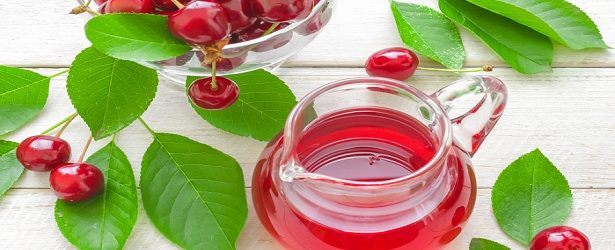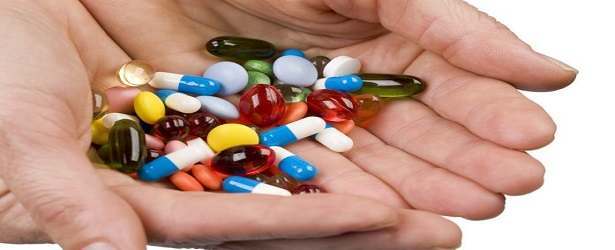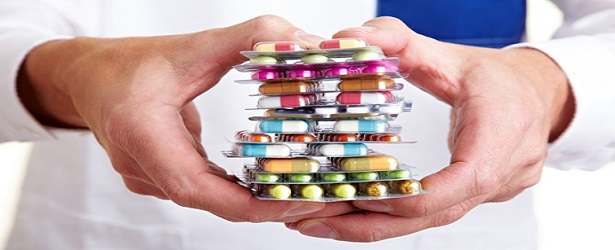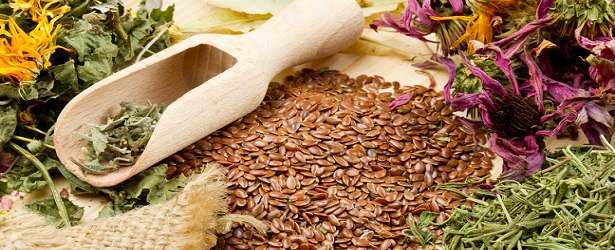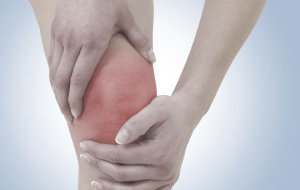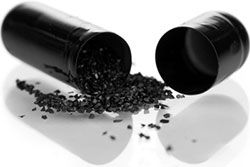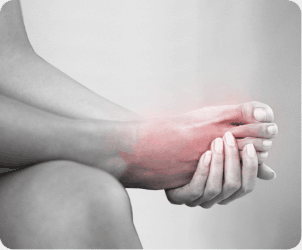Types of Gout Cures
Gout is a type of arthritis characterized by severe inflammation in one or more joints that can cause extreme pain. Cherry juice & diet are two ways to help control the inflammation and relieve pain. Since gout is largely caused by excess uric acid in the blood, a proper diet can help lower uric acid levels and keep you from producing more.
If your gout goes untreated, you may have more attacks in the future. Each attack after the first lasts longer, and can be harder to bring under control. Getting proper treatment for gout can help prevent or lessen the severity of future attacks. There are many different gout cures available that can help to relieve your discomfort. Herbal remedies and dietary changes are easy to do and many are right in your kitchen already.
Cherries
Cherries are a very effective natural remedy for gout that can either be eaten or you can drink the juice. Eating cherries has long been a natural anti-inflammatory remedy for many types of arthritis, and they have also been found effective in gout. Cherry juice can also help lower levels of uric acid in the blood, preventing it from forming crystals that deposit in the joints. This is one of the main sources of gout pain.
You can use fresh cherries or buy canned. Try to eat at least one-half pound every day. When using a cherry concentrate you can take one tablespoon daily.
What Foods are Good to Eat with Gout?
Eating the right foods with gout is extremely important. If you do not make needed changes to your diet, your uric acid levels may continue to go up. This means continual pain and inflammation. Avoid or seriously limit any foods high in purines. This includes; red meat, organ meat, sardines, herring, scallops, and beer. These all raise your uric acid levels and increase your inflammation, which leads to more pain.
If you have gout, you also must increase your water intake. You need to be drinking at least 12 glasses of water each day. This helps dilute the uric acid and flushes it out through the kidneys.
Use a Diet Plan for Gout
You can shorten the length and severity of gout attacks, by using dietary changes. You may even be able to stop them from coming back or even happening in the first place. If you start to have gout symptoms or the doctor tells you your uric acid levels are high, you can start right away by eating differently.
- Plan your meals. Try to plan them without the above listed foods that are high in purines. Find alternatives for proteins like; lean chicken, turkey, beans, and dairy.
- Include fresh fruits and vegetables. When working on your meal plan, include lots of fresh fruits and vegetables. Eat plenty of vitamin C rich foods to help break down the uric acid in your system.
- Eat to maintain your weight. Try to plan meals not too rich in calories. Keeping your weight stable protects your joints from damage.
Cherry juice & diet can help you recover from gout quickly and reduce the severity and frequency of attacks. Using a good meal plan can help you eat right and get back on the right track so that you can heal.

 Subscribe Now
Subscribe Now